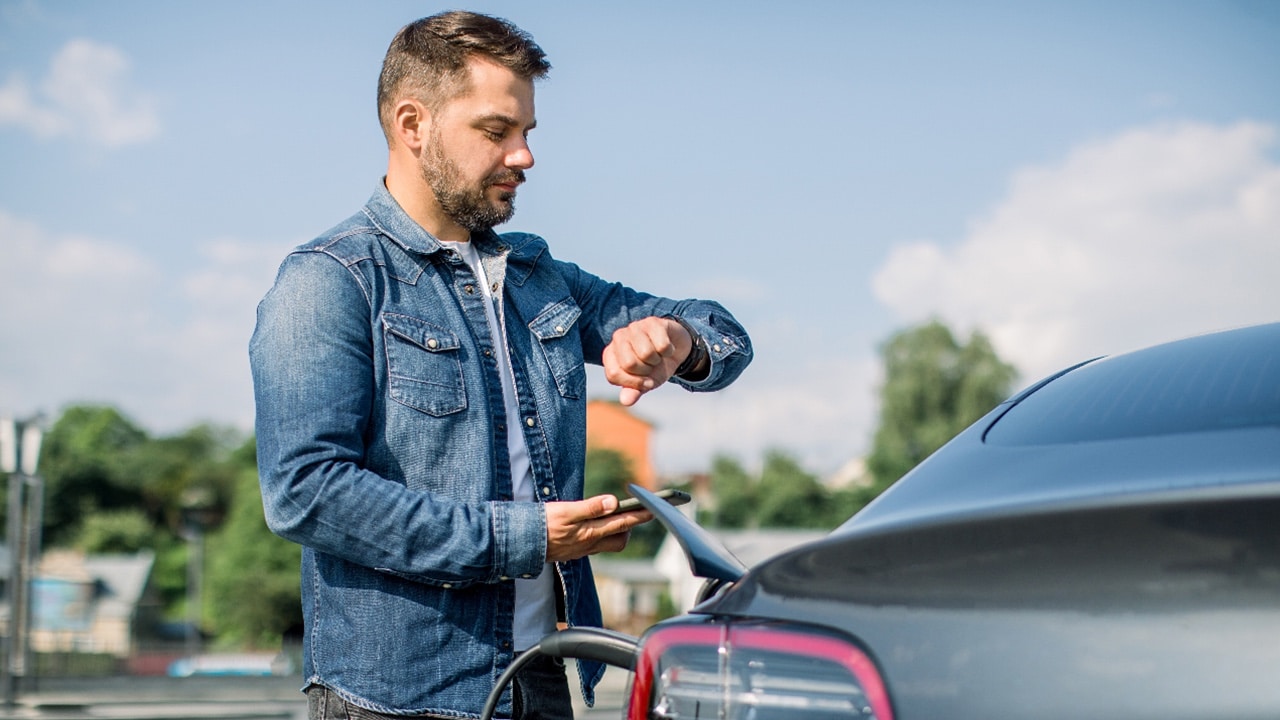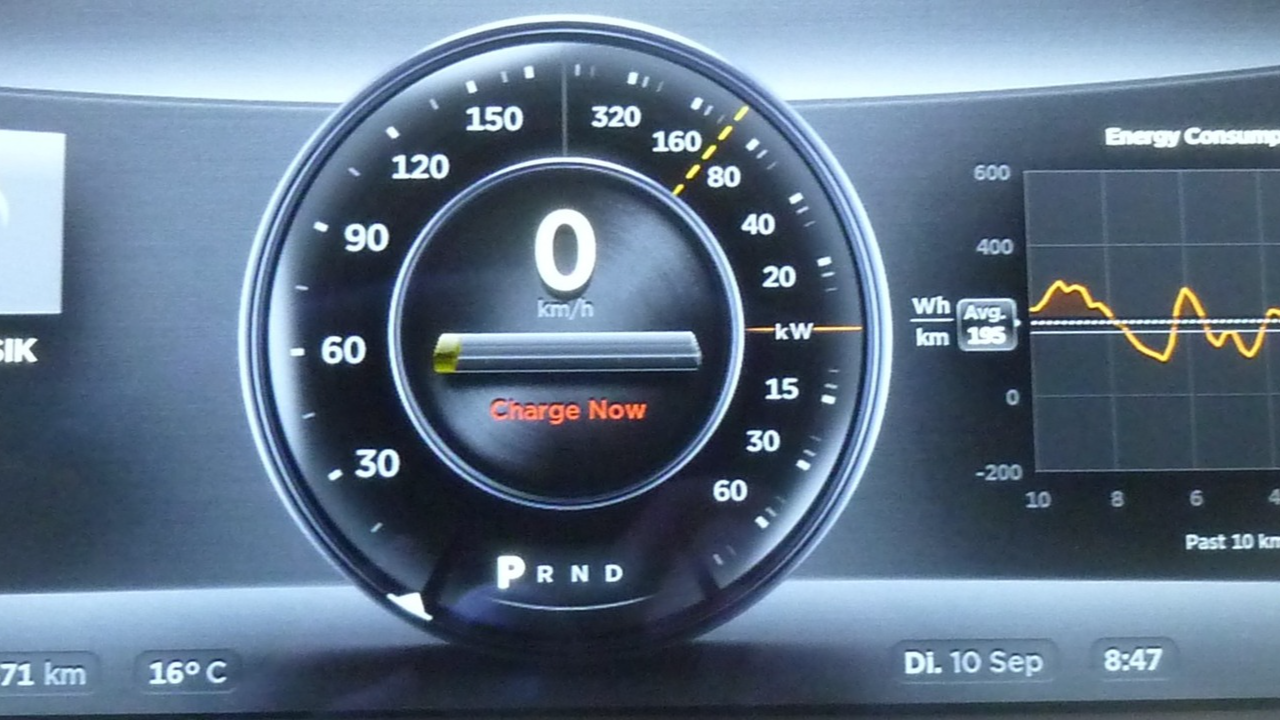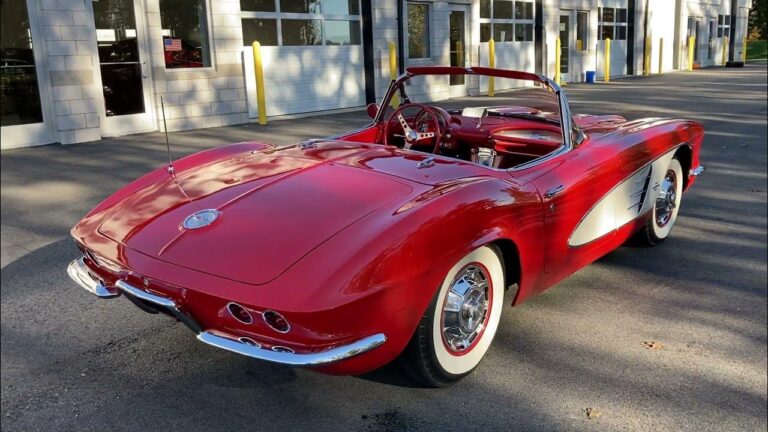13 Gripes Electric Car Owners Have About Their Cars

Thanks to pioneers like Tesla, electric vehicles (EVs) have surged in popularity globally, with governments and concerned entities working hard to encourage widespread adoption. However, the EV revolution hasn’t been without setbacks. Even some big-name manufacturers like Toyota have demonstrated less than a solid conviction in electric as the future of sustainable transportation.
Not long ago, many ‘experts’ and industry stalwarts used every opportunity to predict, even with statistical data, how the reign of EVs was imminent and how gas cars would soon become a distant memory. The reality today is the opposite; the number of those against is significant enough to threaten those in favor.
Jerry’s 2024 State of the American Driver Survey found that the number of Americans interested in EVs declined 16.33% from 49% Nov-Dec 2022 to 41% Nov-Dec 2023. Consumer demand for electric cars never matched the hype due to consumer apathy, the most obvious reason being the hassle of charging and planning your daily routines around the closest charging station. Here are 13 common gripes electric car owners have about their vehicles.
Range Anxiety

Range anxiety is one of the most recognizable terms in the EV world and one of the biggest causes of consumer disenchantment with electric cars. The fear of running out of juice in the middle of the road far from a charging station is a big problem for everyone considering going electric.
Sometimes, it matters little whether the car will mostly serve for short commutes instead of long trips. Range anxiety remains a looming concern even now that many modern EVs are aiming for the 300-mile benchmark, a quantum leap from back in the day when some EVs were good for 60 to 100 miles per charge.
Charging Infrastructure

Some pundits see Toyota’s disinterest in investing and building a massive charging infrastructure like Tesla, instead choosing to shift that responsibility to third-party entities, as a sign of a lack of commitment in the push for electrification. Today, drivers of different makes are supposed to rejoice that they will soon be able to charge their EVs in Tesla’s extensive network of superchargers.
The peculiar challenges of limited charging infrastructure are why a coalition of BMW, General Motors, Honda, Hyundai, Kia, Mercedes-Benz, and Stellantis announced a joint venture to install 30,000 fast-charging plugs across North America. Things are looking up, but we still have a long way to go.
Charging Time

The waiting times for their cars to juice up is another gripe EV owners have to stomach to prevent being told, “I told you so.” Gas cars can be in and out of a gas station within minutes, supposing there aren’t long queues. Meanwhile, their electric counterparts can sit through ‘fill-ups’ for over an hour at charging stations.
The best performers in this regard are America’s Tesla Superchargers and Europe’s Ionity HPC charging network, boasting 800V+ ultra-fast charging that can deliver (for some EV models) up to 300 miles of range in 20 minutes. Though impressive, they still do not match the speed of refueling gas cars.
High Initial Cost

Past and current industry trends permit us to be, at least, cautiously optimistic that EV MSRPs will soon match and even fall below the price point of new gas cars. In April, Ars Technica reported EV prices dropped 20% due to a pile-up in new and used EV inventories. The Washington Post agreed EV prices are “plummeting so fast that they’re now almost as cheap as gas-powered cars.”
This trend does not only apply to new cars. This month, iSeeCars announced used EV prices stood at $2,657 lower than the average price of used gas cars, translating to over 8% lower pricing. Comparatively, used EV prices were 25% (or $8,000) higher than the average used gas car price in the same period last year.
Auto Trader’s CEO Nathan Coe told The Telegraph he expects the heavy month-to-month discounts on new EVs to continue, which should result in prices falling further. This is a catalyst for growth as many are willing to go electric if the upfront cost is pocket-friendly.
Battery Degradation

The prospect of the vehicle’s battery eventually losing its ability to hold a charge, inadvertently cutting the car’s range, and necessitating expensive replacements is a significant concern expressed silently or vocally by EV owners. Out-of-pocket repairs are rare, but you can expect to spend anywhere from $6,500 to over $20,000 on electric car battery replacement.
While EV batteries turned out to last longer than many people thought they could, most car owners would rather not deal with it at all. We’d like to believe “the highest rate of battery replacements come from the very first generation of EVs,” which should be around 14-year-old models currently.
Cold Weather Performance

Cold weather is an enemy of electric cars due to its efficiency and range loss effects on the lithium-ion batteries used in electric cars. The result is impaired performance and a heightened need for frequent charging. Cold temperatures have a way of making even the staunchest EV fans suddenly miss gas cars for their more convenient and economical use of engine heat to heat the cabin.
With EVs, the frequent need to heat the cabin in cold weather depletes the precious battery energy. When you have to charge, cold weather can be responsible for slower charging times as the battery management system cuts the charging rate to prevent damage.
Limited Model Availability

The lack of variety is a gripe expressed by both EV owners and interested buyers, although this barrier should come down as competition heats up in the EV segment. The cars division of US News and World Report has taken the pains to document 76 upcoming electric cars between now and 2030.
We’ll have all the variety we need by that time, but we have a relatively low number of EVs from legacy automakers at the moment. The market’s confidence in electric cars will soar when we have the likes of Toyota, Honda, and BMW rolling out EVs of various segments and classes, complete with the charging infrastructure.
Home Charging Installation

Home charging connotes enhanced convenience, but EV owners know there’s more to the story. For starters, setting up a home charging station is expensive and often a necessity if you intend to enjoy your electric car ownership experience.
This issue alone can pose an unmovable barrier for people willing and ready to buy an electric car but live in an older house lacking the electrical infrastructure to support a Level 2 charger or do not have a garage or a dedicated parking space where they can install a personal charging station.
If you do have the space, installing one comes with more than the cost of the charger. You might need to pay for electrical upgrades, labor for installation, and possible permit fees.
Charging Etiquette

Similar to gas stations, public EV charging stations come with their own unique etiquette issues, the most common of which involves other drivers unplugging your car or occupying charging spots for extended periods.
Many EV owners are familiar with the feeling of frustration that comes from having another driver unplug your car prematurely or leaving their vehicles sitting in charging spots long after they’re fully juiced. It’s not surprising that some drivers decide the charging station can double as parking spaces.
Resale Value

The market for used electric cars is still developing and far behind the boisterous global market for used gas cars. Even if the price of new EVs drops as predicted, the prospect of getting a great deal for a 7-year-old electric car is slim, considering the limitations of battery life and depreciation rates.
It doesn’t help that data on long-term depreciation trends and resale values are currently limited due to the relative novelty of the used EV market. The uncertainty can discourage shoppers and further sink resale prices for used electric cars.
Towing and Payload Capacity

In the words of an observant Redditor, “No one who has to use a vehicle for any more than lugging an additional 200-300 lbs wants an EV, and if we all did what the government wants and went out and bought one en masse the power grid would fail. What makes sense is a hybrid gas/electric. All the zealots out there are the real enemy.”
Some of that might be extreme, but most of it is the reality, unfortunately. Many EV owners are resigned to their cars having limited towing and payload capacities compared to gas cars, trucks, and SUVs.
Software and Technology Issues

Many modern cars — whether gas-powered or electrified, come with advanced tech systems prone to glitches and bugs. Not only are electric cars not spared of this problem, but they also rely heavily on software for essential functions, from basic driving operations to navigation to battery management.
This heavy reliance on sophisticated technological systems, even for the most basic vehicular operations, significantly increases the risk of glitches, interference, and bugs that can crash the system at the most inconvenient or dangerous times.
Limited Road Trip Options

Electric cars may get the best mileage, but EV owners have to admit they can’t compete with gas cars when it comes to range anxiety-free long road trips. Many people love and appreciate the virtues of electric cars but will never buy one because they can’t stomach the idea they have to plan their daily lives around finding a charging station and waiting around for their battery to top up.
This hassle gets worse and more complicated when you have to plan long road trips. You’ll need to strategize charging stops while factoring in the challenges of scarce charging stations where you’re going or passing through. Rick Hendricks did say EVs “aren’t for everyone, and you can’t force people to buy them.”





